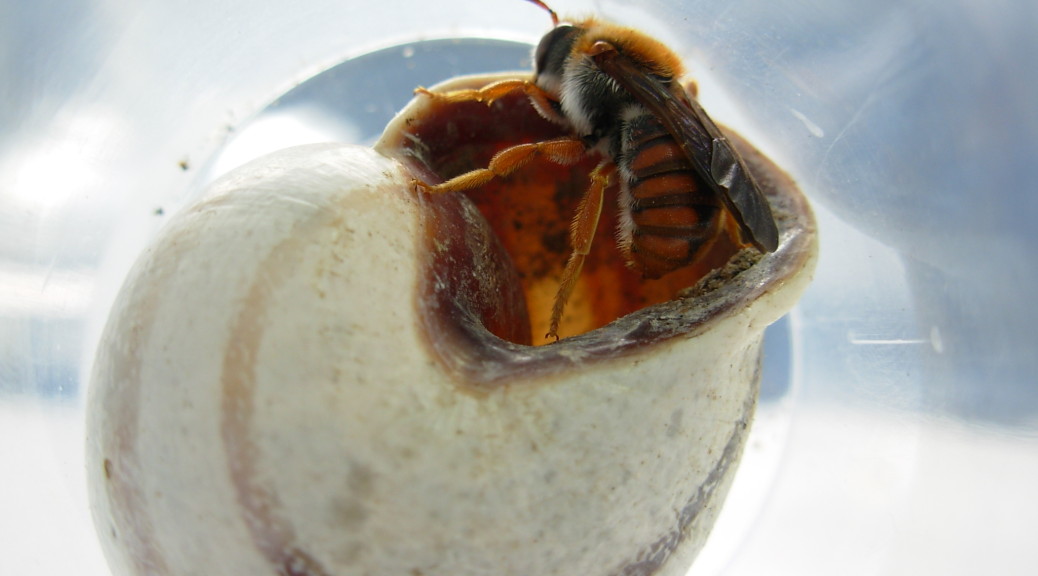He didn’t know it at the time, but when chemist Matthew Todd posted a request for help on The Synaptic Leap, a website devoted to open-source biomedical research, he was sowing the seeds for a rivalry between an open initiative and a contract-research organization hired by the World Health Organization to reach the same goal.
The aim of both projects, run in 2010, was to produce a safer, low-cost version of praziquantel, a treatment for the tropical parasitic infection schistosomiasis. Up until that point, the treatment contained two enantiomers (mirror-image versions of the molecule that have slightly different properties) of praziquantel. One enantiomer has no effect on the parasite, but gives the drug a bitter taste. Eliminating this undesirable form could reduce side effects and help more patients to complete their treatment. The pure drug needed to be affordable. Todd, who is at the University of Sydney in Australia, thought that an open project was the best way to achieve this. “Open is very well-suited for neglected diseases,” he says. “The pay-off of secrecy is not very large.” Continue reading Tropical disease: A neglected cause


